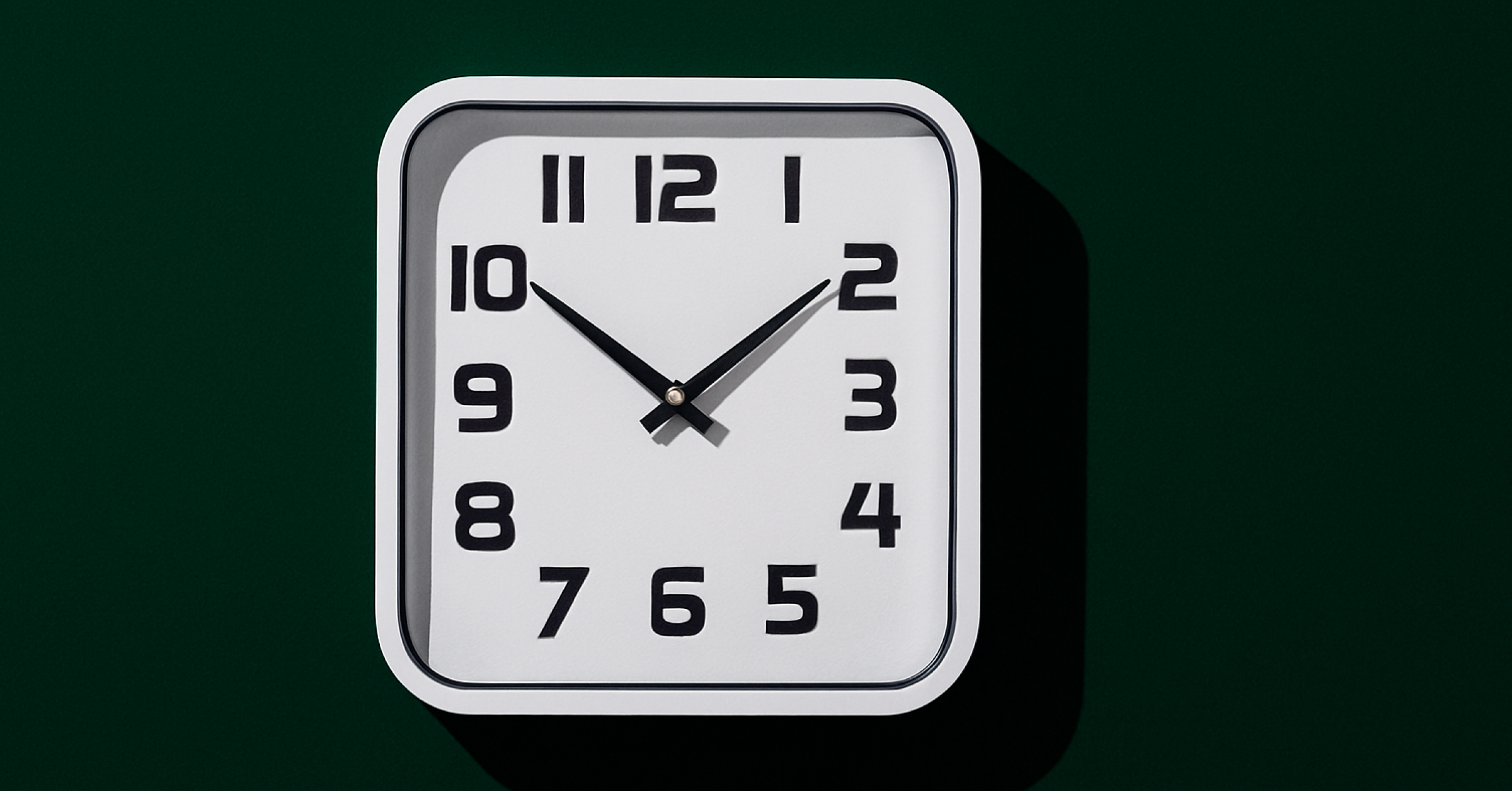Ambition hasn’t gone away, but is it evolving? We believe so. In the years since this article was originally published, women remain driven as ever, but how they define success has shifted. Leading through an era of post-pandemic turbulence and widespread layoffs, they are reevaluating what they truly want and redefining power on their own terms. For many, career breaks are an essential step in this evolution.
After more than 20 years of working in the financial services industry and climbing to the ranks of senior director, Chief Member Nancy Michael decided to take a hiatus to reassess her professional path and goals. "As I was getting more senior in a large organization I was increasingly thinking about what type of company was best suited for me to enjoy and thrive in the most," she says. "The culture of the organization I was in was a little bit of a mismatch with how I like to do work. It was really big and I wanted to go back to something I'd experienced earlier in my career, which was building up a small company that's fast-paced and scrappy and dynamic in its decision-making."
While Michael intended to take a six-month break to rest, travel, and reevaluate her future, her short departure quickly turned into two years as the pandemic began. "As soon as I got up the momentum to start my job search, the pandemic hit and everything shut down and everyone stopped hiring," she says. "So, it ended up taking me another year before I really found the right thing."
Work interruptions have long been viewed as resume killers, but experts say the circumstances of the pandemic changed that for many employers, with a growing number now understanding just how beneficial a gap — whether by choice or by force — can be. "I think the pandemic accelerated the normalization of career breaks because so many people took them during the pandemic and it became more of an occurrence that people were familiar with," says Carol Fishman Cohen, Co-Founder of iRelaunch, an organization that works with employers to create reentry programs. According to LinkedIn, which launched a feature that allows members to explain their professional gap, 70% of career break-related searches in January 2022 came from women users, with the majority of them citing parental leave, medical leave, and mental health as their top reasons for stepping away from work.
For Cohen, the work she does today is closely tied to her own professional journey and the leave she was forced to take from 1990 to 2001. "I was a financial analyst and my career break came because my company collapsed when I was on maternity leave with my first child," she says. "So, I ended up staying home and having three more kids, which led to an 11-year break." At the time, taking a hiatus from work was uncommon, but Cohen, who later re-entered the labor force working for Bain Capital, says she has no regrets for her choice because of the time it allowed her to spend with her growing family.
According to LinkedIn, 53% of people say they are better at their jobs after leaving the workplace and coming back, and 69% say that taking a break helped them gain perspective and figure out what they wanted from life. Career strategist and coach Cindy Makita says that regardless of the reason, taking a pause from work can provide you with the mental space needed to effectively reach your long-term goals. "Whether you are recouping from years and years of working and you're just trying to avoid burnout, or whether you're dealing with a more personal issue where you need to take that time for your family, I think taking a career break is a huge pro because it can bring the clarity that you need for your next step."
For Michael, she says her time away from work helped her to really reflect on what aspects of her past jobs she enjoyed so that she could seek out a new leadership position that was more aligned with her passion and values. "I realized that I really liked the work I was doing with the foundation of my last company and so I started to navigate towards organizations that were serving a social purpose." Today, Michael works as a Chief Product Officer for a startup that focuses on climate change solutions.
Stepping away from work for an extended period of time is a financial privilege that not everyone can afford. But Cohen says that for any leader who is fortunate enough to take a pause, there are a few things they should focus on during their hiatus if they have plans for making a successful re-entry.
"This certainly depends on how long of a career break you take, but you should make sure to stay current on any licenses, credentials, or continuing education classes that are needed to stay at the top of your field," she says, while emphasizing that leaders should also nurture key relationships inside their network. This includes keeping in touch with top junior employees who may potentially move into the C-Suite while you're gone and who could potentially help you get back in. "That actually happened to me," she says. "A former junior colleague moved up the ranks while I was out and that's actually how I was able to get my job."
Additionally, Cohen says any leader who has future plans of re-entering should use their time off to serve on a board because as a board member "you still have control over your schedule in terms of knowing ahead of time when meetings are, and you're still able to stay connected to top executives in your field."
She points to former PepsiCo CEO Brenda Barnes as a leading example of someone who was able to climb into the top ranks of leadership after taking an intentional hiatus. In 1997, the late executive made headlines when she stepped back from her C-Suite role to spend more time with her three children, explaining that she was tired of working grueling hours away from home. "I hope people can look at my decision not as women can't do it but for 22 years Brenda gave her all and did a lot of great things," she told The Wall Street Journal at the time of her departure.
While off from work, Barnes stayed connected to her field, serving on the boards of The New York Times, Avon, Lucasfilm, Sears, and Staples. In 2004, when her children were in high school, she returned to the workforce as a top executive at the food conglomerate Sara Lee, soon working her way up to chairwoman and then CEO.
Cohen says that Barnes's story is a prime example of how time away from work can be beneficial to a leader's professional journey, and she explains that LinkedIn's new feature now validates an executive journey that includes a gap.
"We say the career break is a gift because it allows professionals, [mostly women], to step back and reflect on if they were even on the right track and use this time to see if they want to redirect their path."

